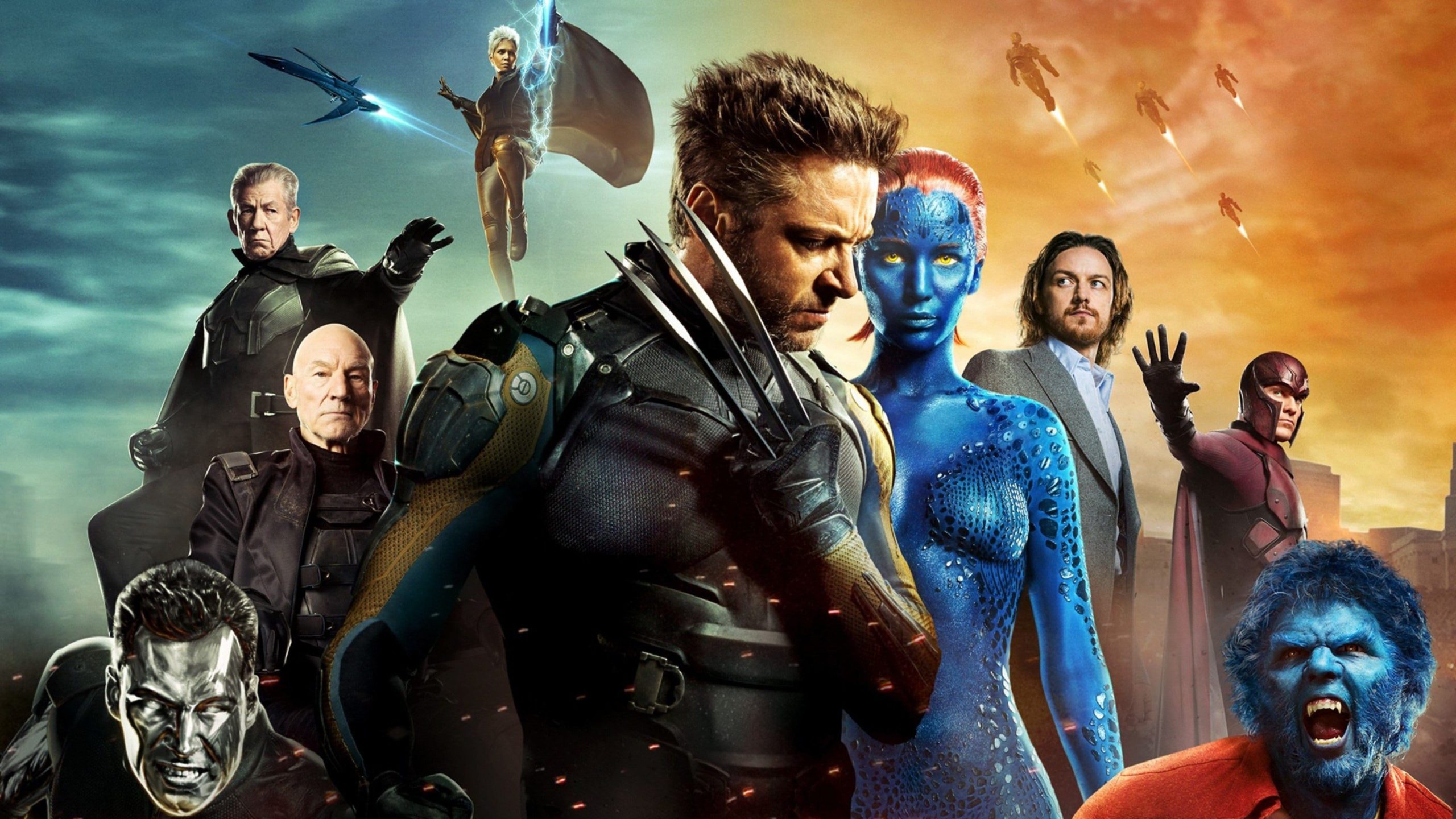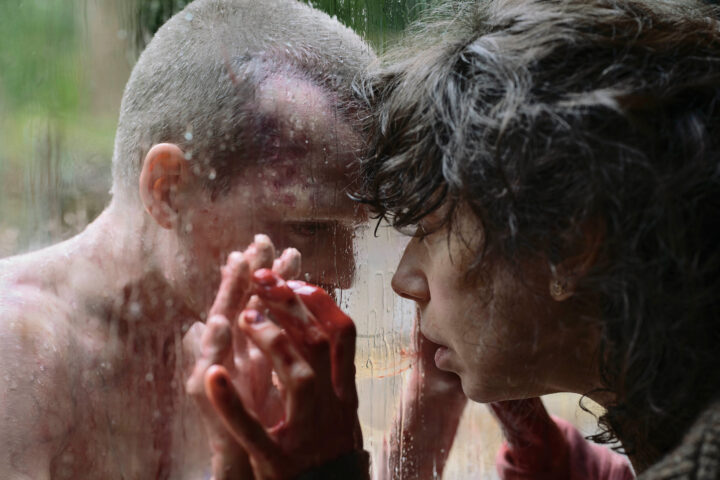Forget about it being a summer franchise picture, because X-Men: Days of Future Past is a thoughtful and thematically dense anti-blockbuster, a movie full of ideas that largely eschews huge action set-pieces through most of its running time in favor of a surprisingly compelling story about the fear—and extermination—of the other, blind obsession and a few other things, rooted in recent historical fiction and with a thing or two to say about the American war machine. It’s also performed by an extraordinary collection of actors bringing their best games. This isn’t merely a great superhero movie, it’s just a great movie—period.
This is the seventh X-Men picture and it must be said that the franchise, on the heels of 2011’s exceptional X-Men: First Class, continues to challenge itself in ways that, frankly, it needn’t. And that’s something special in a picture of this kind.
The film opens in a near future of 2023, a dark, apocalyptic world where mutants are being hunted and eliminated by the Sentinels, a sophisticated robot army all but eradicating the mutant population.
A mutant safe house hides Professor Charles Xavier (Patrick Stewart) and former enemy Erik Lensher/Magneto (Ian McKellan), Storm (Halle Berry, a glorified cameo) and Logan/Wolverine (Hugh Jackman). After a vicious attack, they recruit Kitty Pryde (Ellen Page) to employ a risky new process designed to allow the mind to time travel—their only option to potentially revise the future by destroying the Sentinels at their very inception. Wolverine volunteers to make the trip.
Flash back to 1973, where Wolverine’s consciousness travels to the body of his younger self. Nixon is the sitting president, Vietnam has just concluded and America is at a crossroads. Enter a mad scientist of sorts, Boliver Trask (an excellent Peter Dinklage), creator of the Sentinels, a program he’s marketing to the Nixon administration as a xenophobic solution to wiping out our latest enemy—the one among us.
For Wolverine, the mission is a complex one, as he’s required to track down the younger Charles (James McAvoy) and the jailed Erik (Michael Fassbender,), being held in a stronghold beneath the Pentagon. Their mission? To stop Mystique (Jennifer Lawrence) from killing Trask, an event that will cause her powerful DNA to be infused into the Sentinels, thereby making them impossible to destroy and cementing the future demise of the mutant race.
It’s not a new idea—that moving through time can create a ripple effect, or that events from the past might change the future, but those ideas are merely the structure employed to allow the terrific ensemble to be put through returning director Bryan Singer’s paces, and he knows his way around this material, expanding upon the initial themes of the mutants as outsiders to comment on our current political state.
Yet despite the complex plot, as in 2011’s similarly smart X-Men: First Class, it’s the characters here that matter (though the climactic showdown, across two time periods, is pretty damned elegant in both set-up and execution).
McAvoy, particularly, goes for miles in this role, giving us a Charles who alternately drinks nonstop and takes a potent serum to restore his ability to walk, which also impairs his ability to read minds, a power he turns on Wolverine in one of the film’s best moments.
Fassbender, laser-focused, delivers a largely ambiguous Erik, all steely command in the film’s climax. And then there’s Lawrence, shape shifting and tongue-shifting—she actually speaks Vietnamese here—investing real gravitas in Mystique’s obsessive quest. And Jackman, whom to my taste has always delivered a one-note, scowling interpretation, finally connects. And Nicholas Hoult has an easy charm as perhaps the least special of the mutants, Hank/Beast. His natural and relaxed humor goes a long way in this picture.
X-Men: Days of Future Past is a rare summer movie, one that’s about something and performed with passion—we’ll take it.
3 1/2 stars.



